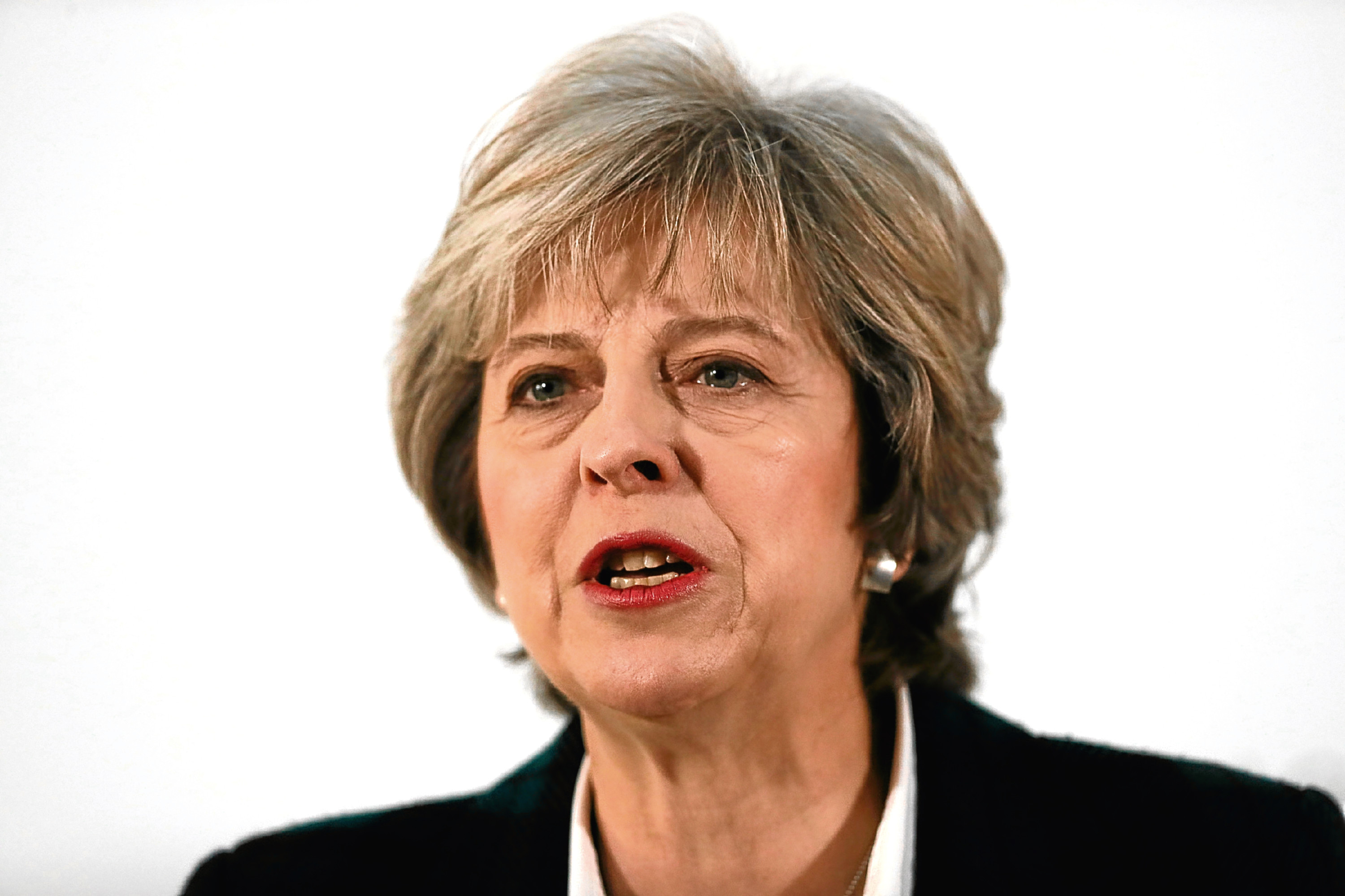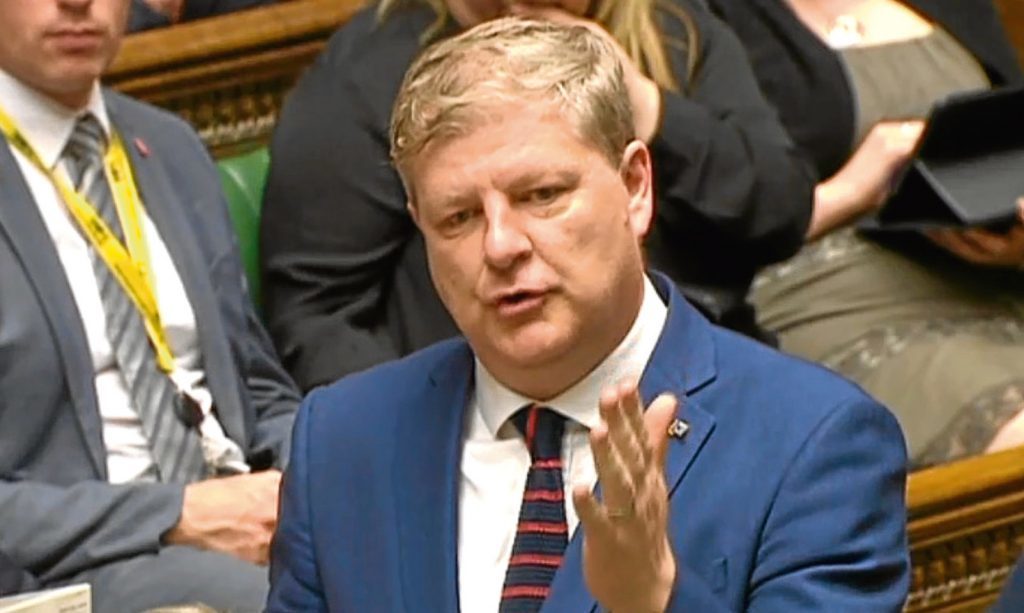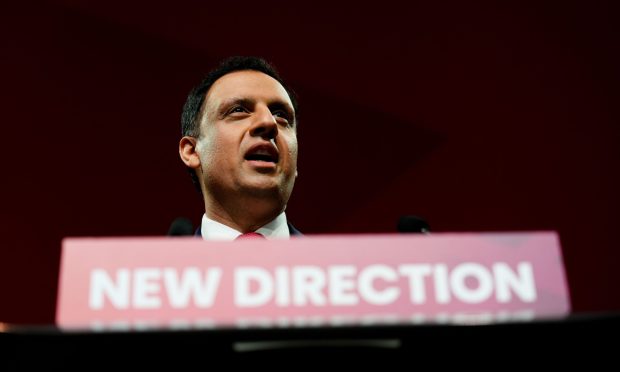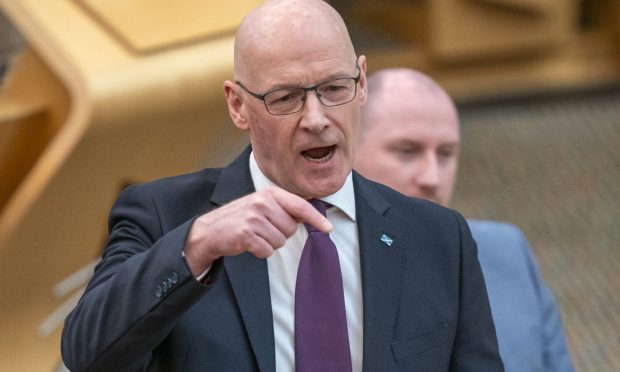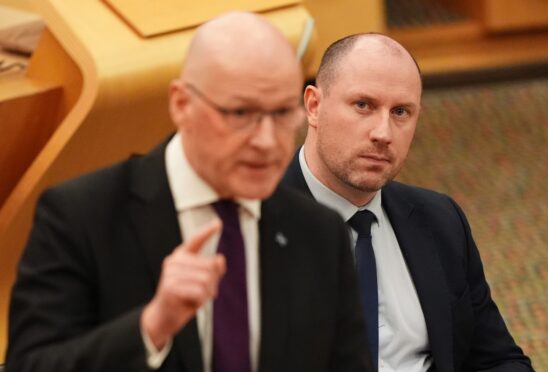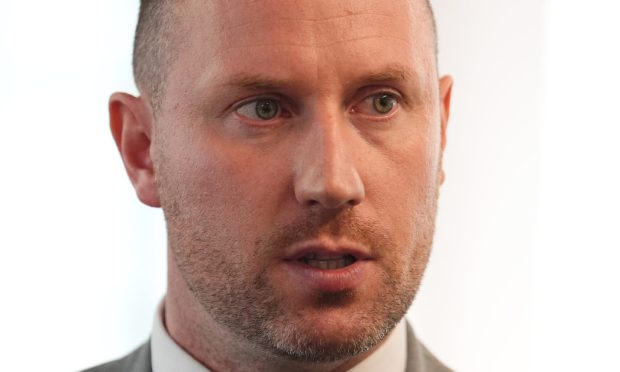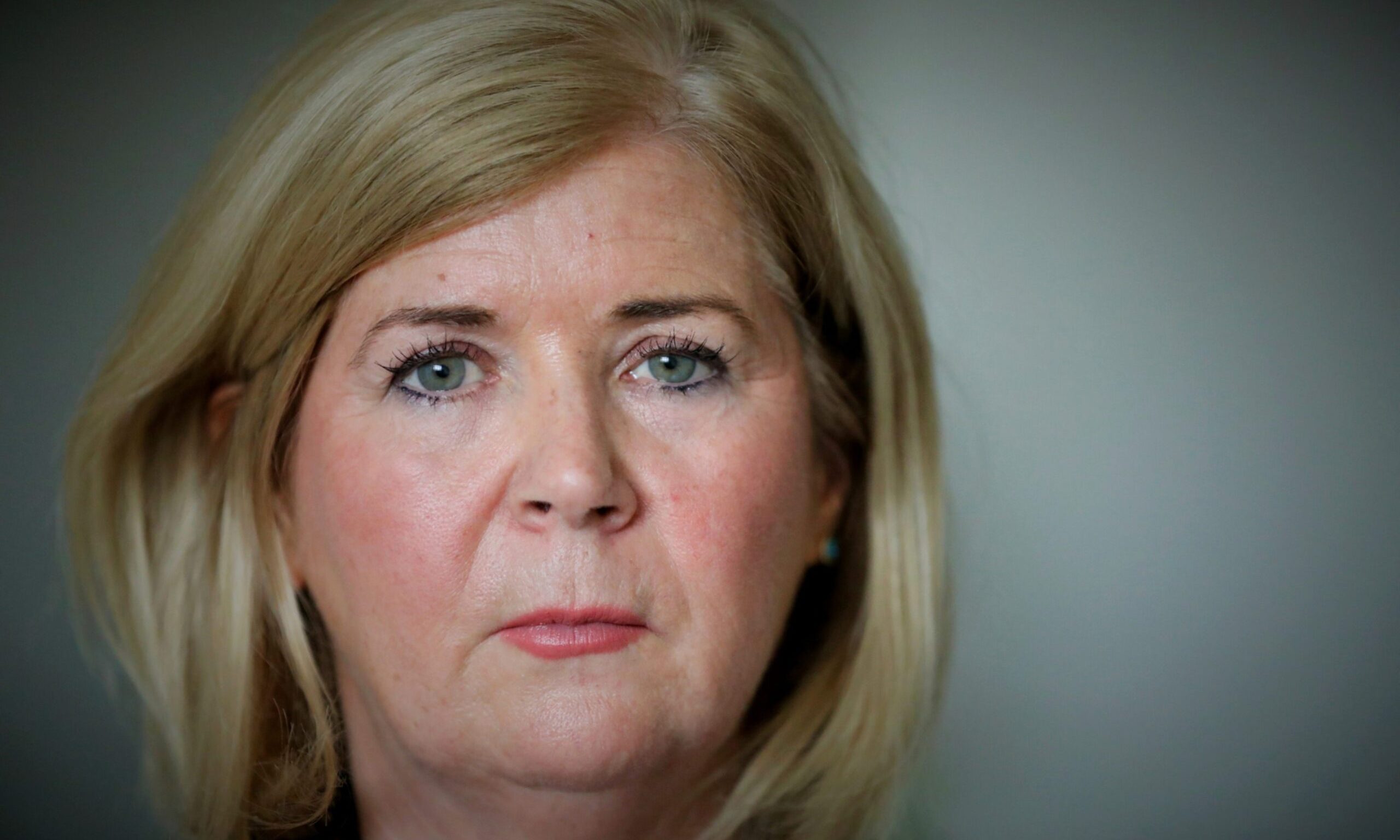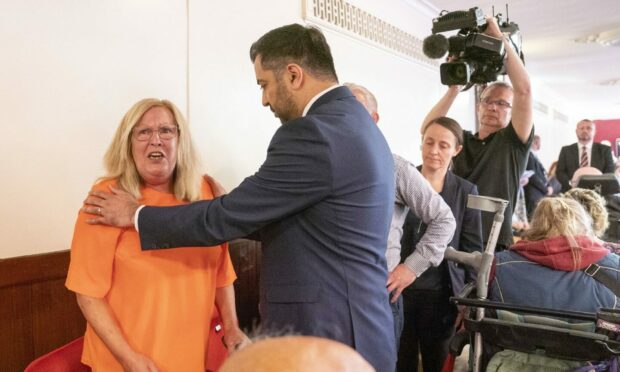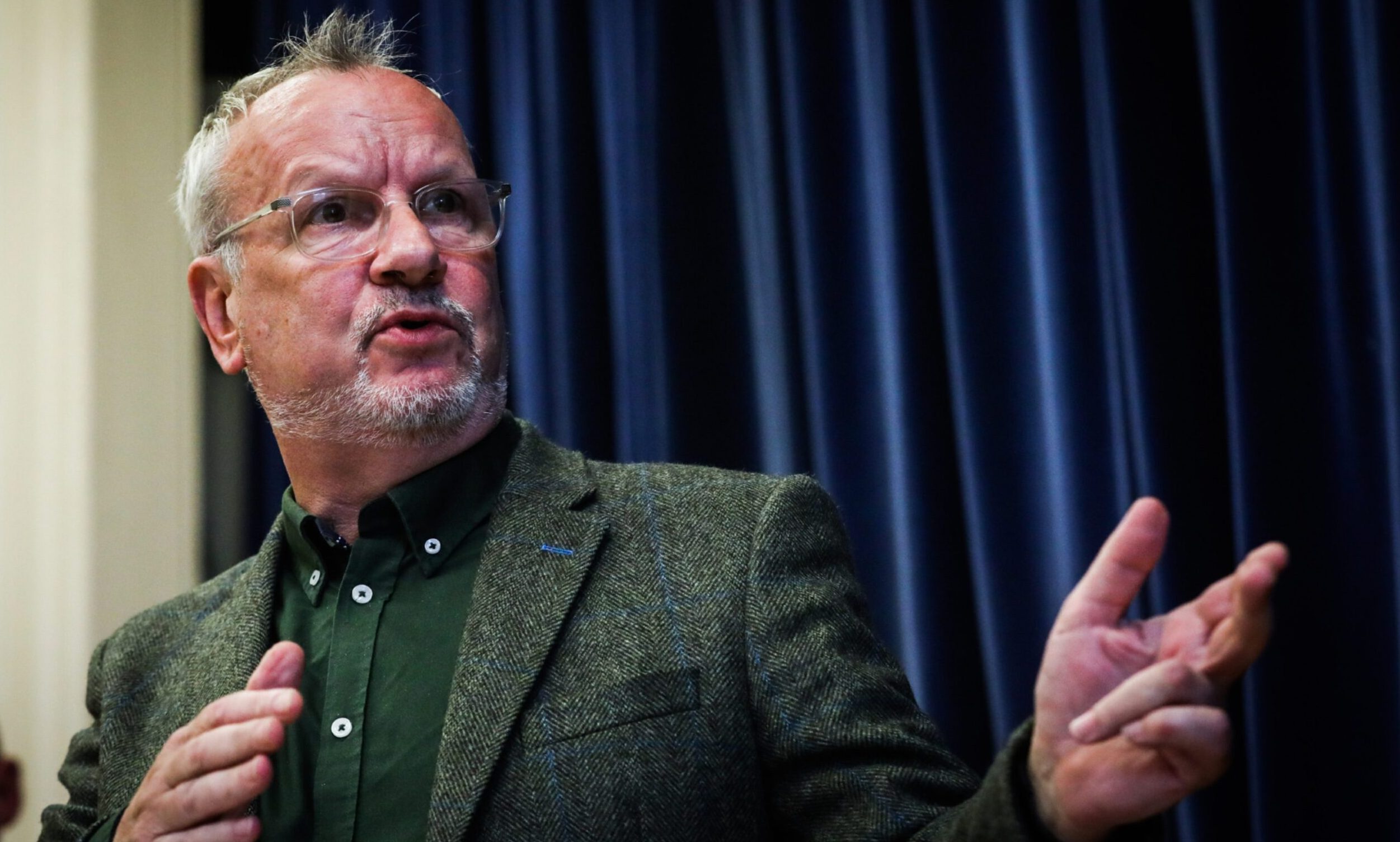Theresa May has been accused of pushing a “little Britain Brexit” which could see wages slashed and jobs lost in Scotland.
Angus Robertson, the SNP’s leader at Westminster, attacked the Conservative leader during Prime Minister’s Questions.
He cited a Fraser of Allander report, which ruled Scotland could lose between 30,000 and 80,000 jobs as a result of the UK leaving the European Union.
Mr Robertson said: “Shortly after the Prime Minister confirmed that she wants to take the UK out of the single European Market the Scottish Parliament voted by a large cross-party majority to remain in it, just as a large majority of people in Scotland voted in the referendum to remain in the European Union.
“The Prime Minister has said that Scotland is an ‘equal partner’ in the United Kingdom. Does she still believe this is true or is she just stringing us along?”
He added: “Tories jeering and cheering when the forecast for people’s income is that it is likely to drop by £2,000, and that 80,000 people may lose their jobs in Scotland as a result of the hard Tory Brexit plan of the Prime Minister.
“Does the Prime Minister believe this is a price worth paying for her Little Britain Brexit?”
Mrs May said she wants a free trade deal which would work to the benefit the whole of the UK and claimed independence would commit Scotland to leaving the single market.
The PM added: “The Right Hon. Gentleman once again talks about the possibility of a negative impact on Scotland if Scotland were not part of the single market – his party is dedicated to taking Scotland out of the single market by taking it out of the United Kingdom.”
She also insisted she remains committed to working with all the UK’s devolved administrations when it comes to striking a deal with the EU.
Meanwhile, Aberdeen MP Kirsty Blackman questioned whether any part of the Great Repeal Bill would be considered in Parliament under English Votes for English Laws, thereby denying Scottish MPs a say in part of the process.
Mrs May said the balance of reserved and devolved matters would be decided in due course and that, under current rules, any matters solely relating to England would be decided only by English MPs.
Any Bill would still be voted on by the full House of Commons.
